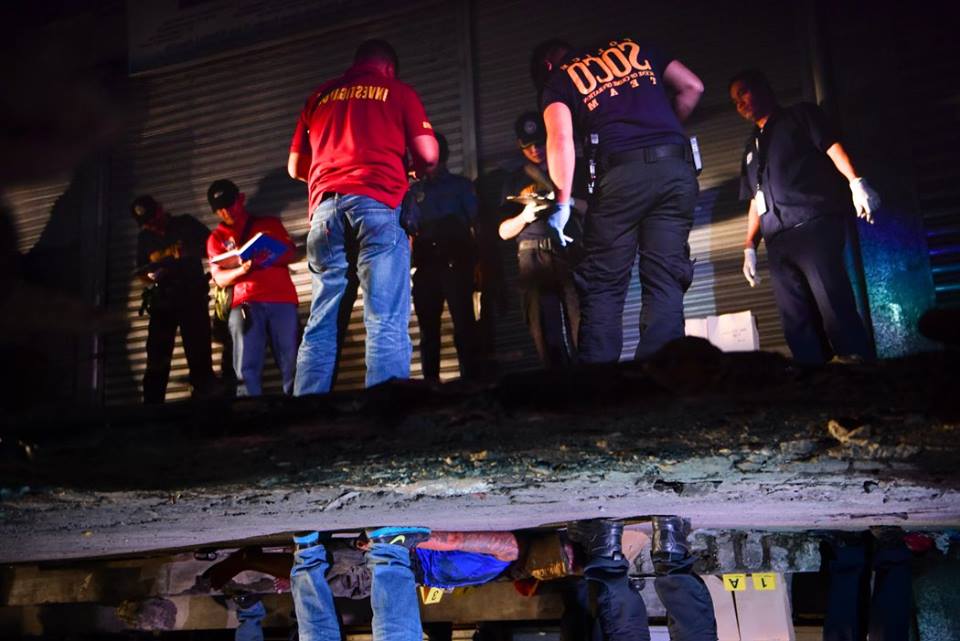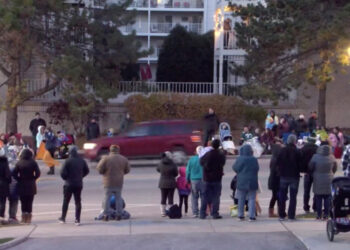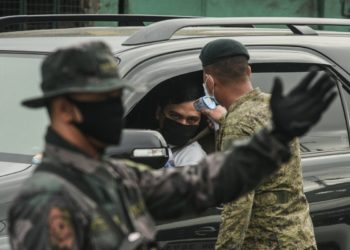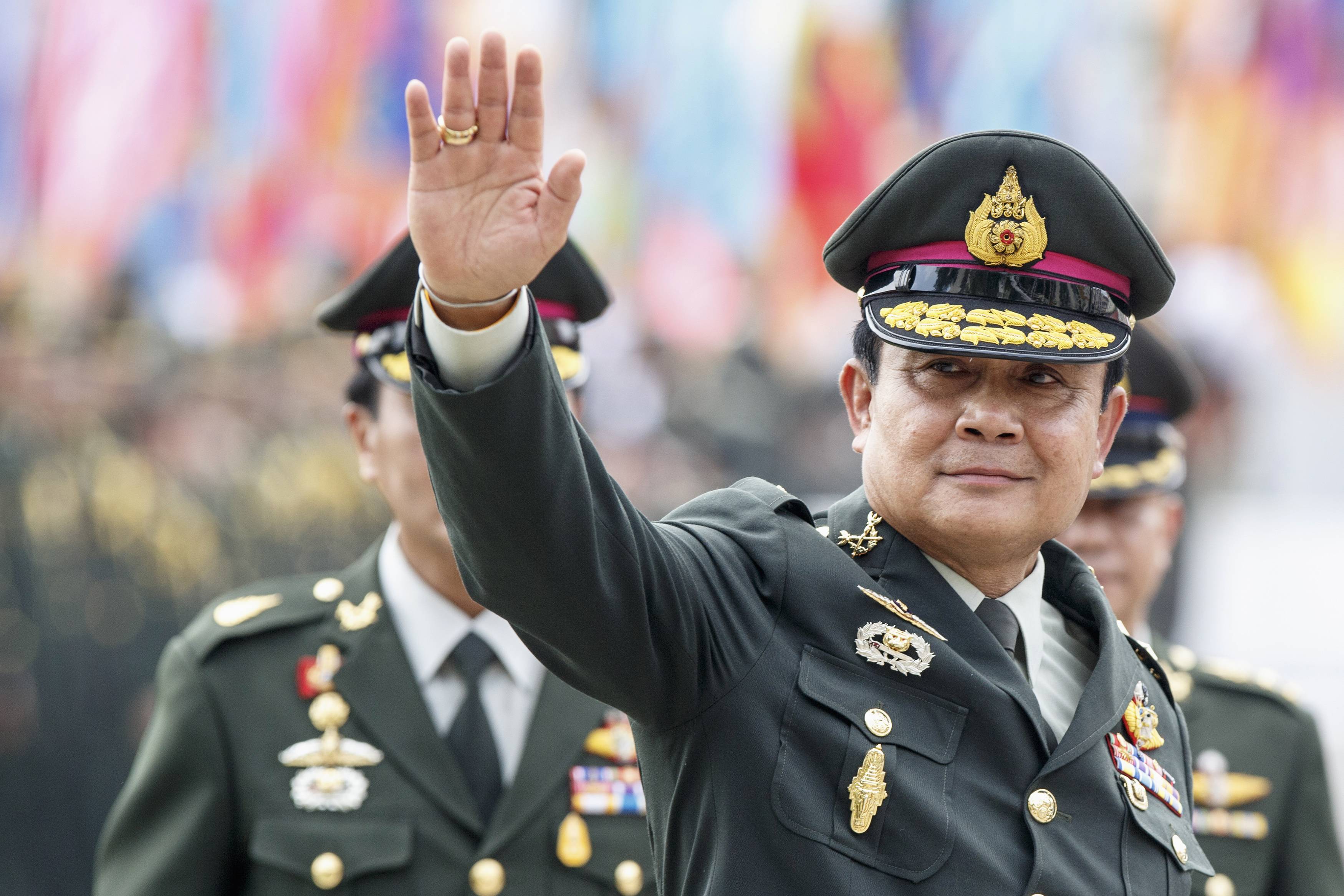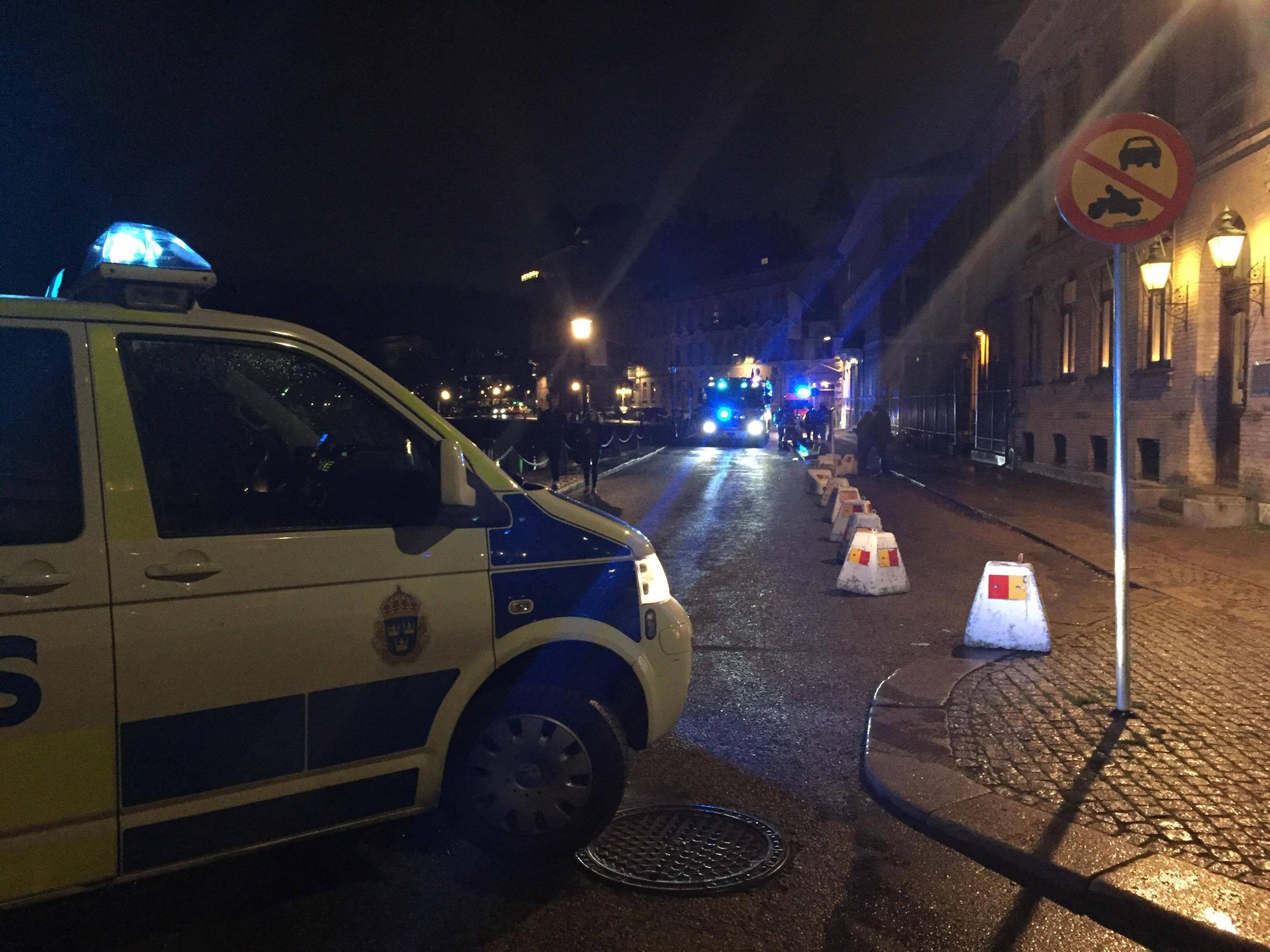Philippine President Rodrigo Duterte asked Congress on Monday to extend martial law across the southern third of the country until the end of next year to combat Islamist militants and communist rebels.
Mr. Duterte’s request, which is expected to be approved this week, added to critics’ fears that the 72-year-old leader is seeking to steer the Philippines back into dictatorship.
But in a letter to lawmakers released by his office, Mr. Duterte said the extension was necessary in the southern region of Mindanao to contain an ongoing rebellion by supporters of the Islamic State group as well as a rising threat from communist guerrillas.
“I ask the Congress of the Philippines to further extend the proclamation of Martial Law and the suspension of the privilege of the writ of habeas corpus in the whole of Mindanao for a period of one year” from January 1, the letter said.
Mr. Duterte initially imposed military rule across Mindanao – home to about 20 million people – in May to quell an uprising by ISIS militants in Marawi city.
Hundreds of gunmen rampaged through the Islamic city of Marawi in what authorities said was part of an attempt to establish a Southeast Asian base for ISIS in the mainly Catholic Philippines.
A U.S.-backed military campaign took five months to defeat the militants, with the battle claiming more than 1,100 lives and leaving large parts of Marawi in ruins.
Mr. Duterte declared in October that the city was “liberated” and military chiefs said most militant leaders, including the ISIS leader in Southeast Asia, had been killed.
But authorities have continued to warn that those who escaped are regrouping and recruiting in Mindanao.
In his letter, Mr. Duterte said martial law had been key to containing the ISIS supporters in Marawi, which is about 800 kilometres (500 miles) south of Manila, the nation’s capital.
“The remnants of their group have continued to rebuild their organisation through the recruitment and training of new members and fighters to carry on the rebellion,” Mr. Duterte wrote.
He also warned that communist rebels, who are waging one of Asia’s longest insurgencies, had stepped up their “terrorist acts” and wanted to overthrow the government.
The president last month called off peace talks with the communists, blaming continuing deadly attacks by the rebels.
The initial period of martial law was limited by the constitution to 60 days. But lawmakers in July endorsed an extension to the end of this year.
Martial law is an extremely sensitive issue in the Philippines, after dictator Ferdinand Marcos used military rule to hold on to power a generation ago.
Mr. Duterte has repeatedly warned he may impose martial law across the entire nation, saying military rule would save the Philippines from descending into drug, crime and terrorism-induced anarchy.
He has even flagged the prospect of declaring a “revolutionary government” that would allow him to rule with the military’s backing but not have to abide by constitutional safeguards such as congressional and judicial oversight.
Such a government could also end the constitutional limit on presidents serving a single term of six years.
Rights groups and other critics warn Mr. Duterte is destroying the Philippines’ fragile democracy, three decades after a famous “people power” revolution ousted Mr. Marcos.
“I think there is already a de facto dictatorship,” opposition congressman Tom Villarin told AFP.
Mr. Villarin cited impeachment proceedings against the Supreme Court chief justice and the jailing of one of Mr. Duterte’s biggest critics, as well as the president’s consolidation of control over security forces since coming to power 17 months ago.
But many Filipinos continue to support Mr. Duterte, believing tough tactics are needed to solve deep-rooted problems such as the decades-long conflicts with Islamist militants and communists.
For similar reasons, many Filipinos also back his controversial crackdown on drugs, which has seen police and suspected vigilantes kill thousands of people since Mr. Duterte took office.
He also enjoys overwhelming support in both houses of Congress.
Lawmakers are expected to vote on Mr. Duterte’s martial law extension request this week, lower house majority leader Rodolfo Farinas told AFP. Mr. Villarin said it would most likely be approved.


